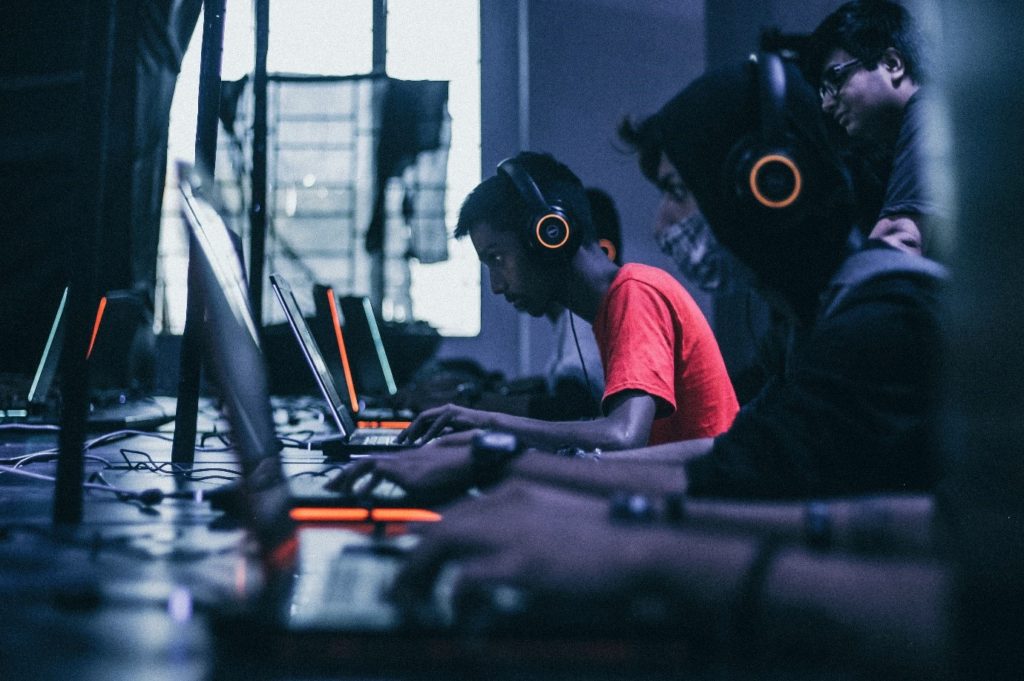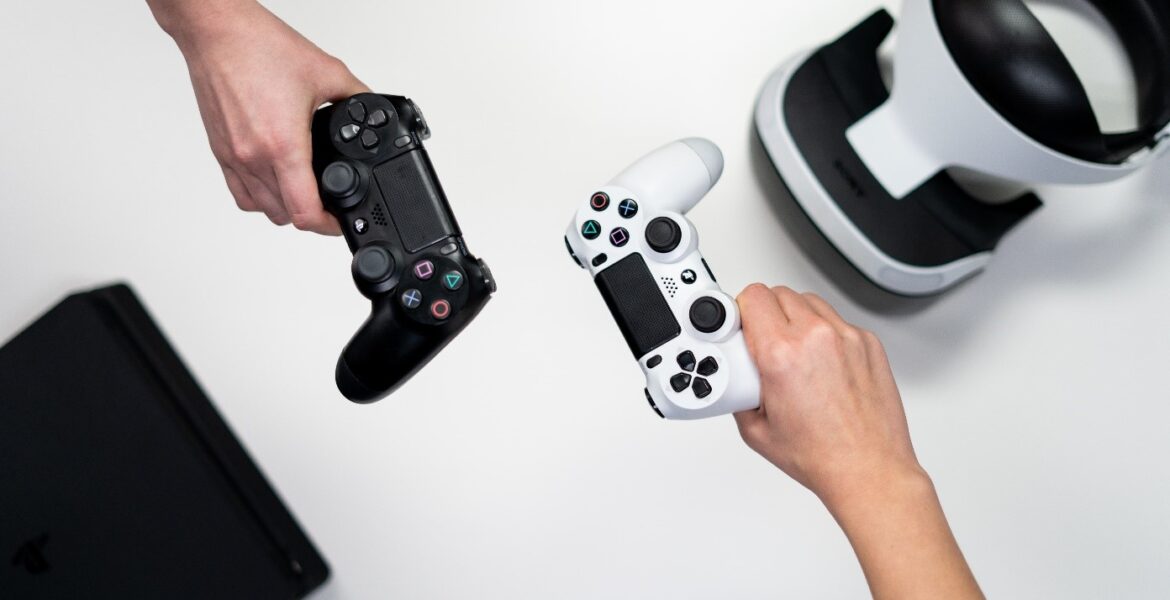How Video Games Affect Our Brain Cognitive Positively?
Living in the era where digital technology is booming day by day, people, most specifically teenagers, see digital games as their second lives after school session. A lot of researches have been conducted and the argument has been only on the negative impact of playing games with the claim that “Games Degenerate Teenagers’ Brain”. Many individuals believe that digital games are generally damaging to society, and research suggests that excessive exposure to these games can result in a variety of negative impacts towards the players. But one thing to ponder is, does playing games really have no positive impacts at all.
Enhance Visual Attention
Generally, people assumed that avid gamers have a very bad eyesight due to the claims that playing games will damage their eyes. But, according to Bavelier and Green in their studies (2011), it is scientifically proven that playing videogames actually can improve humans’ cognitive skills to focus selective attention. At a very simple level, visual attention can be viewed as a “bridge” to detailed understanding of what is more than meets the eyes.

For instance, when non-action gamers drive a car on a hazy road, their full attention focus will direct to the road only. However, for action gamers, given the same situation, they will put less effort on watching the road, but when they encountered a person crossing the road, they will react so fast to hit the brake pedals and their brain are capable to process further without suffering trauma. This visual attention enhancement can only be attained by experiencing first person shooting games such as Call of Duty: Black Ops 3, Apex Legend and Valorant where it requires a gamer to focus on smallest details.
Develop Multitasking Ability
Daphne Bavelier, a cognitive neuroscientist from the University of Geneva mentioned in her Ted Talk that gamers are efficient multitaskers as they can proceed from task to task much faster than non-gamers. Gamers are very well-known for their ability to do several things at one time and even moms also are going to get shocked after knowing this. This multitasking ability can be observed in their habits of gaming themselves when they communicate with their friends while playing online games.

From there, teenagers who play online games such as Defence of the Ancients (Dota) and Counter Strike: Global Offensive are slowly developing a habit to process more than one information at a time in their brain. This habit of communicating while playing at the same time will eventually applied by the gamers in real life due to the fact that their brain is imbued with a constant information process day after another.
Increase Spatial Skill
Another brain development that can be observed from gamers’ brain is their capability to project a visual image mentally where they can generate, transform and even rotate the visual image just from their brain. This ability can be defined as spatial skill; a skill that requires human brains to understand, reason, and remember the spatial relations among objects or space. Now we know about spatial skills, so what is the relation with video games? According to the journal article titled “The Benefits of Playing Video Games” (2014), it states:
“The recent meta-analysis showed that spatial skills can be trained with video games in a relatively brief period.”
– Granic, Lobel and Engels (2014)

It has been discovered that those avid gamers who indulge themselves in fast-paced shooting video game will attain higher resolution in visual processing and projection than those who never do games (Green & Bavelier, 2012). This is due to the fact that, when gamers constantly encounter new digital visual with different pixels on the screen every day, it sub-consciously widen the imagination of the gamers. Thus, resulting them to have easy access of over than one million visuals just from their brain.
Conclusion
With the current modernisation era, it is wise to say that video game does play crucial role in our culture as more than half of the world’s population must own at least one digital device with a game feature.
Although, the sceptical view towards the effect of playing games are still lingering around the society, it is undeniable that playing games are not as damaging as they sound in newspapers or in various social media platforms.
It is understandable that the doubts people are having whether to let their children play video games or not are still strong because they want to do what is best for their children. But what if the thing we are resisting the most is actually the solution we just turn a blind eye on?
So, back to my question now, does playing games have no positive impact at all?
*Cover photo credit: Cottonbro on Pexels
Adlan Asyraff | Degree in English for Intercultural Communication, University of Teknologi MARA








